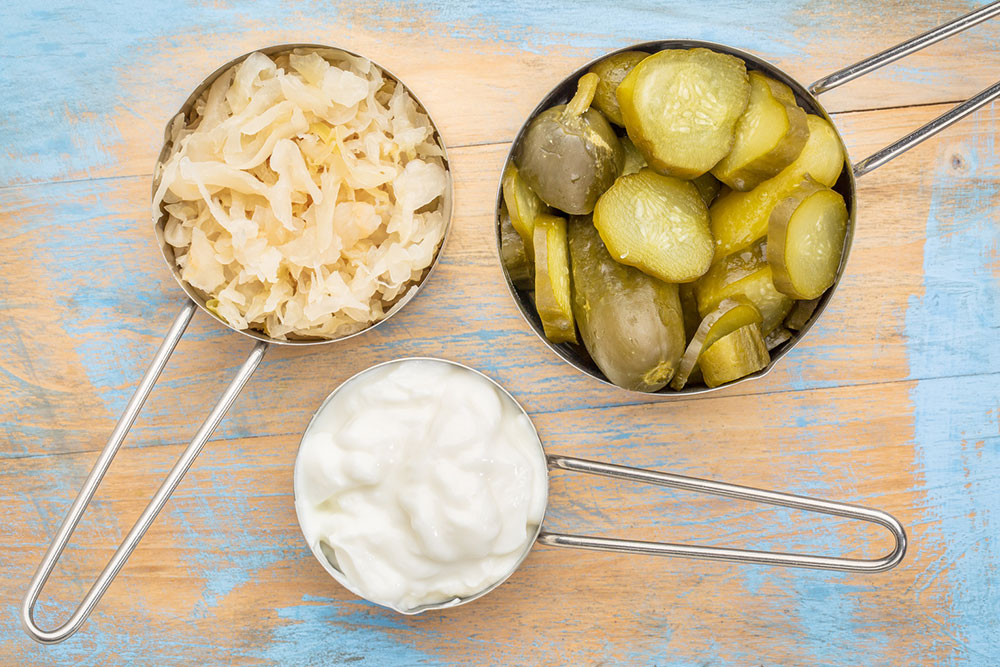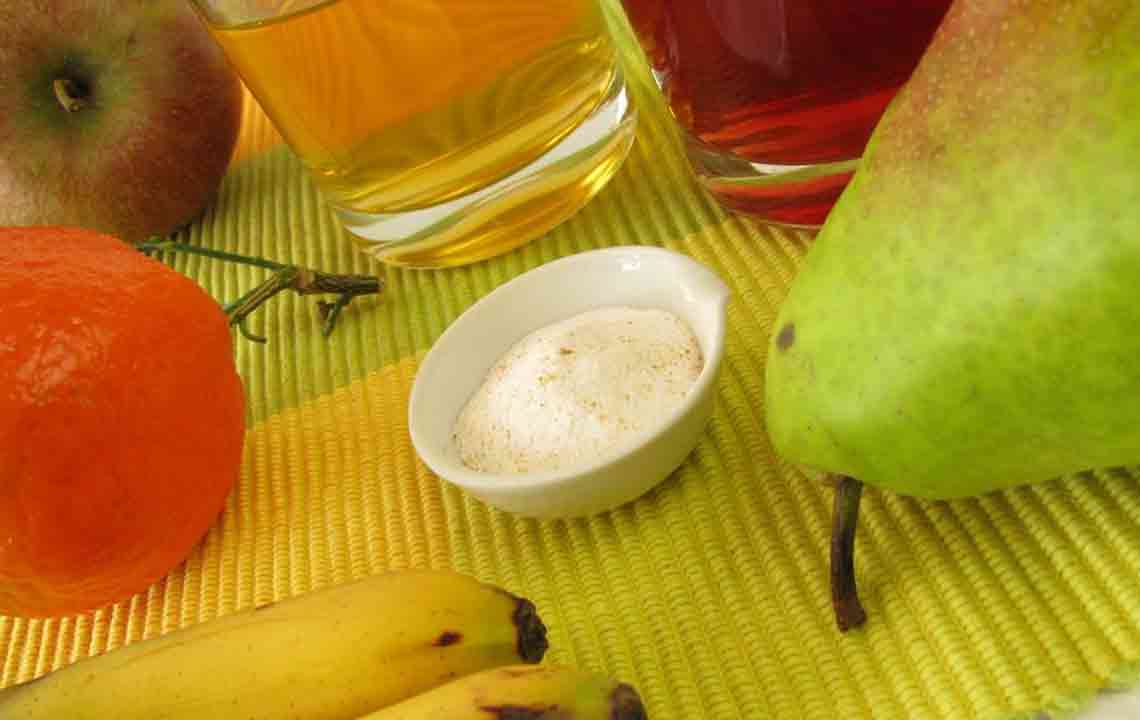Harnessing Probiotics for Effective IBS Symptom Management
Discover how probiotics can effectively soothe IBS symptoms such as bloating, pain, and irregular bowel movements. The article highlights key strains, their benefits, and safe usage tips to enhance digestive health. Learn about different probiotic options and their role in restoring gut harmony for long-term relief.

Harnessing Probiotics for Effective IBS Symptom Management
Probiotics present a promising strategy to help manage irritable bowel syndrome (IBS) symptoms like bloating, abdominal pain, and irregular bowel habits. These beneficial microorganisms enhance gut flora balance by increasing the population of helpful bacteria in the digestive system.
Understanding probiotics and IBS
IBS causes symptoms such as diarrhea, constipation, or both, often with cramps and bloating. Incorporating probiotics can restore microbial harmony by replenishing beneficial gut bacteria.
Access to probiotic supplements is easy, with strains like Bifidobacterium infantis showing notable success in alleviating IBS discomfort.
Choosing the right probiotics for IBS
While probiotics are advantageous, they should complement traditional treatments and dietary approaches such as the low FODMAP diet. The main goal is to introduce specific bacterial strains into your gut to improve digestive health.
The gut microbiota comprises various bacterial species, and selecting effective probiotics involves understanding which strains work best with your existing flora. Notable probiotics for IBS include:
Bifantis® (Bifidobacterium infantis 35624): Often missing in many individuals, making supplementation beneficial.
VSL#3®: A multi-strain blend with eight different bacteria, supported by strong clinical evidence.
Symprove: A liquid probiotic containing Lactobacillus rhamnosus, Lactobacillus plantarum, Lactobacillus acidophilus, and Enterococcus faecium.
Align: Contains only Bifidobacterium 35624™ for targeted effects.
Kijimea™ IBS: Features Bifidobacterium bifidum MIMBB75.
Saccharomyces Boulardii: A safe yeast beneficial for gut health.
IBS Types
IBS usually presents as:
Constipation-predominant: Characterized by infrequent, hard stools, cramps, and bloating.
Diarrhea-predominant: Features frequent, loose stools and discomfort.
Alternating: A mix of constipation and diarrhea episodes.
Historical perspective on probiotics and IBS
The use of fermented foods as probiotic sources dates back centuries across cultures like Egyptian, Tibetan, and European societies. Scientific exploration began in the early 1900s, with Elie Metchnikoff linking yogurt bacteria to longevity and health benefits.
Further research established probiotics' role in restoring gut balance and improving conditions like IBS through strains such as Lactobacillus and Bifidobacterium.
How probiotics help in IBS relief
They promote beneficial bacteria, suppress harmful microbes, reinforce gut lining, and improve intestinal movement. They also reduce visceral hypersensitivity and pain by affecting nerve responses.
Using probiotics safely
Initial mild side effects like gas, bloating, or diarrhea may occur. Allergic reactions are rare but possible. If symptoms persist, consult your healthcare professional and consider stopping probiotic use.


